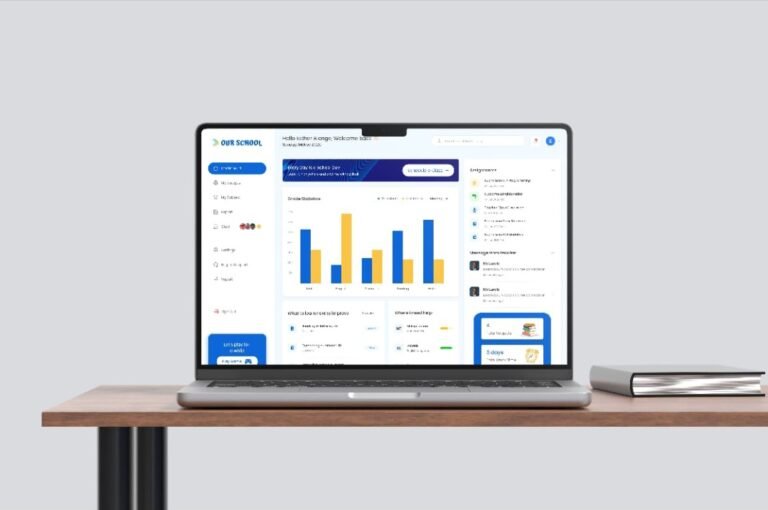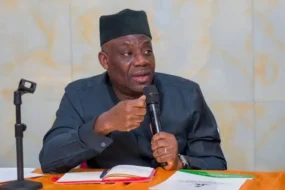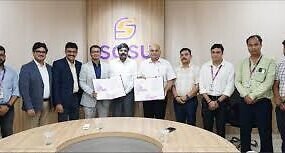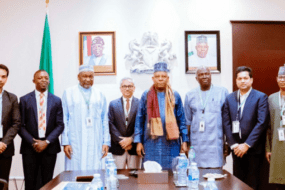A new digital platform called OurSchool.africa has launched to tackle Nigeria’s deepening education crisis. Designed and rolled out by child-focused NGO The Destiny Trust, the platform aims to provide quality, accessible education to millions of children excluded from formal schooling.
The platform went live on May 27 — Children’s Day — as part of the organisation’s mission to democratise access to learning. It offers curriculum-based content through storytelling, visual aids and simplified tech. Importantly, it works both online and offline, ensuring usability for children who live in remote areas, have never attended school, or are only just beginning to learn.
“We can’t solve the problem of out-of-school children in Nigeria by relying on conventional schools alone,” said Abimbola Ojenike, co-founder of The Destiny Trust.
Beyond the Numbers: Reaching Nigeria’s ‘Invisible’ Children
According to UNICEF, over 18.3 million Nigerian children are currently out of school. But that figure doesn’t account for many others, like the thousands of young domestic workers hidden in homes across the country — children who clean, cook, and care for others, forfeiting their right to an education. Others are isolated by geography or displaced by conflict, with no access to teachers or school infrastructure.

The Destiny Trust says it created OurSchool.africa with these realities in mind. It’s not just a platform — it’s a direct response to a multi-layered education crisis. According to Ojenike, technology offers a way to plug gaps that physical classrooms and overstretched public education systems simply cannot.
“Think of how many more classrooms and teachers we need immediately. Technology can help us address these problems more efficiently — but it’s often too expensive for the people who need it most,” he said.
To counter this, The Destiny Trust intends to deliver the platform’s content offline to underserved communities and eventually expand access through local African languages using natural language processing tools. The idea is simple: learning should reach every child, no matter their location, language or circumstance.
Building Classrooms Without Walls
Unlike many venture-funded edtech platforms that prioritise investor returns, OurSchool.africa is entirely free. It represents what Ojenike calls a “critical public responsibility” — one that sees education technology as a social good, not a luxury.
“We cannot wait for school buildings to find out-of-school children. We must take learning to where they are,” he added, calling on governments, corporates, and private individuals to partner in scaling the effort.
In the coming months, the NGO plans to open multimedia learning hubs in hard-to-reach locations, ensuring that the poorest children — those farthest from opportunity — have a fair shot at basic education.







One reply on “OurSchool.Africa Targets Nigeria’s Out-of-School Children”
[…] startups have each secured $100,000 in non-equity funding through the Mastercard Foundation EdTech Fellowship, delivered in partnership with Nigeria’s Co-Creation Hub (CcHUB). The announcement, […]